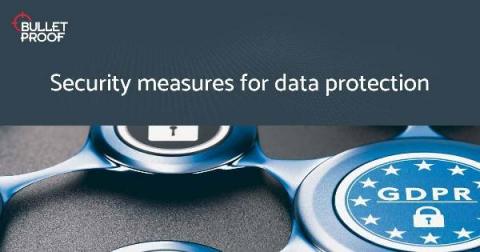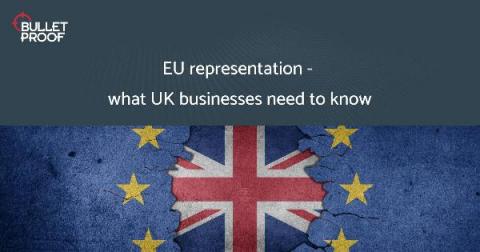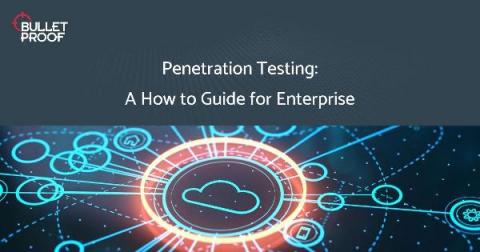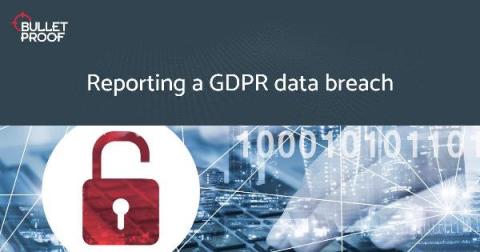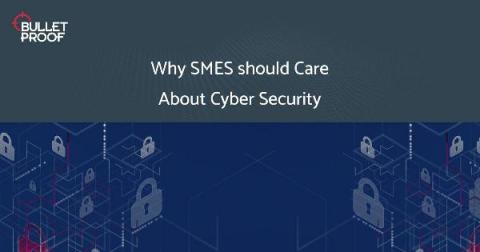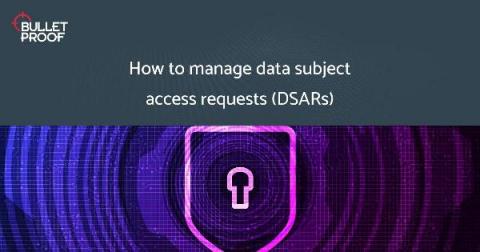Data protection and the Age-Appropriate Design Code
A 2019 report by Ofcom shows that 50% of ten-year olds own mobile phones. While viewing of video-on-demand (with YouTube as firm favourite), has doubled in the last five years among children. Platforms like TikTok are rapidly growing in popularity. Sadly, more and more children are being exposed to hateful, violent and disturbing contents on these platforms.




